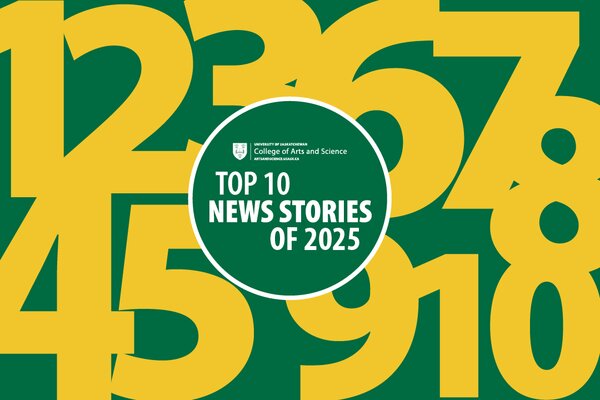
HIST 387: Eugenics, birth control, and venereal disease in Republican China and the global context
This course can be used as a WGST requirement
Hist 387.02 Seminar "Eugenics, birth control, and venereal disease in Republican China and the global context."
(Can replace History 259/260 to meet the WGST requirement.)
Thursday 2.30-5.20 pm, Arts 201
Instructor Prof. Mirela David mirela.david@usask.ca
The course covers national policies and international activism regarding sexual ethics in the 1910s-1940s. This course traces the merging of birth control with eugenics, theories of racial betterment predicated on social engineering of women’s reproduction, in Republican China and globally during the 1910s-1940s. We will explore the daring writings and activities of birth control activist Margaret Sanger, better known for founding the Planned Parenthood federation of America. We will look at the activities of the first birth control clinics in China, the United Kingdom and Germany. This course is global comparative and delves into the global history of eugenics, the emergence of the birth control movement in the US, England, Germany. I discuss the popularity of eugenics theory in the interwar period and during World War Two in North America, England, Germany, Latin America, South Africa and Eastern Europe, including Romania and Yugoslavia. We explore different manifestations of eugenics such as eugenic sterilizations in the US and Canada, better baby contests, euthanasia in Nazi Germany, eugenics and racial discrimination along the Southern US border, eugenics and African American Intellectuals, Latin and Anglo-Saxon eugenics, Soviet eugenics, the New Socialist Man ideology and pronatalism in Romania, the Iron Guard fascism, gypsies and eugenics in Romania, but also more positive aspects such as creating public health systems, institutes for child and maternal health and institutes of hygiene. Venereal disease ran rampant during and after World War One. This course also explores global approaches to VD control in Shanghai, Yugoslavia, British, US and French approaches to controlling prostitution and the social hygiene ideology. This course is at the intersection between gender history/studies, history of science and medicine, global history and Chinese history.

